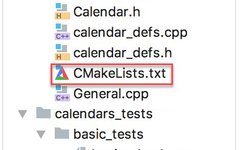Lists and List Items in FreeRTOS
Click below“Information Technology Person”Follow to explore information technology together Lists and List Items in FreeRTOS 1. Introduction to Lists and List Items (Familiarize) 1. What is a List Answer: A list is a data structure in FreeRTOS that conceptually resembles a linked list, used to track tasks in FreeRTOS. 2. What is a List Item … Read more





